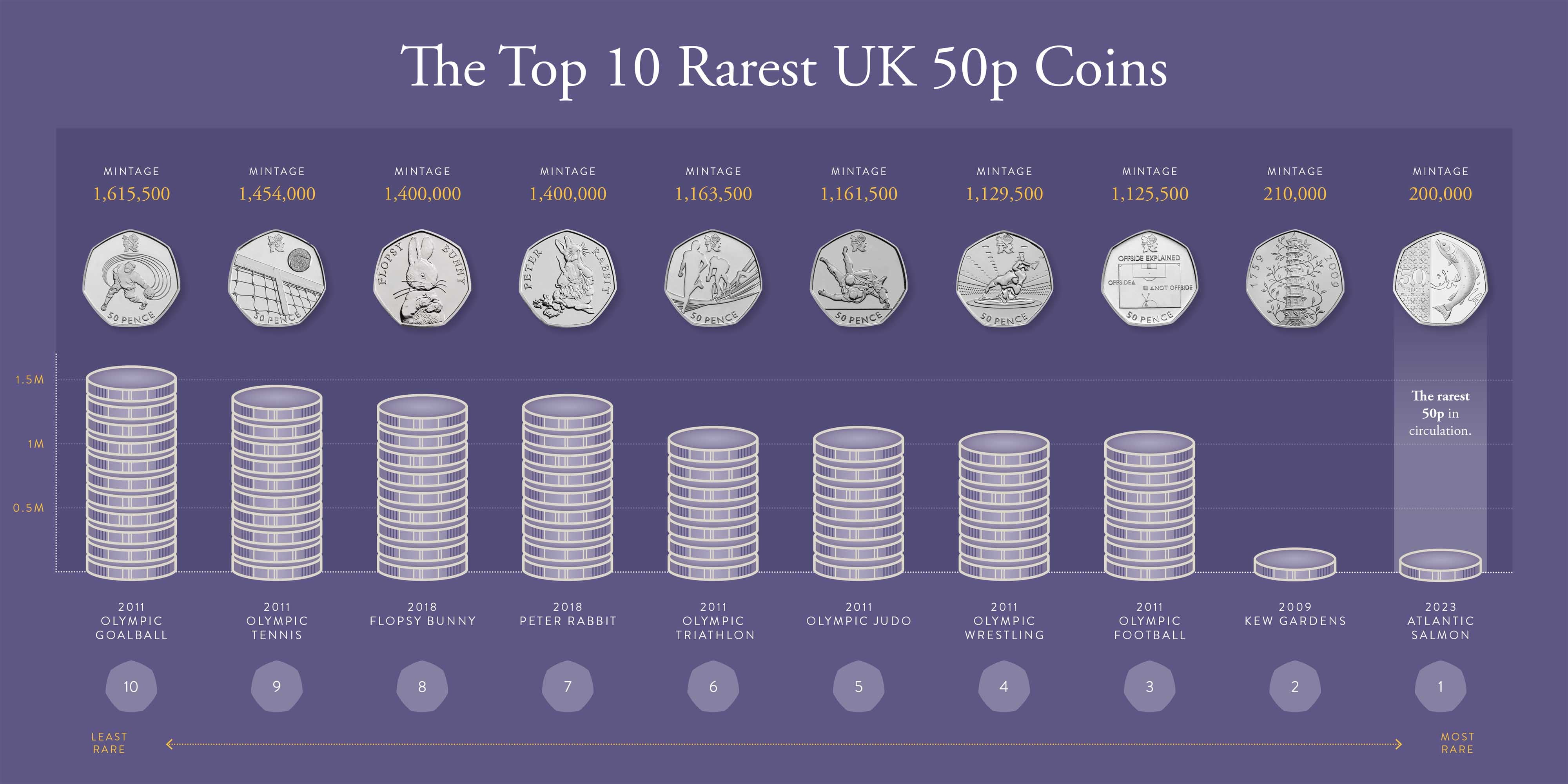Rare coin seller claims former staff used confidential information to set up new company

A rare coin seller is in a High Court battle with seven former staff members who it claims accessed its confidential information to set up a rival business.
Hattons of London alleges that the ex-employees were behind a “co-ordinated and clandestine conspiracy” to use its “valuable confidential information” from a customer information database to set up The Knightsbridge Collection, which they wanted to “emulate and ultimately cannibalise” Hattons.
At a hearing earlier this month, barristers for Hattons asked to block Knightsbridge and seven men – Andrew Pickerill, Alexander Jeffery, Daniel Farmer, Mohammed Kashif Aziz, William Shore, Nick Harvey and Benjamin Bradshaw – from trading in competition against Hattons until a trial of the claims at a later date.
The former staff all deny the allegations, telling the hearing in London that they accessed the database while on sick leave, and met together at their homes and the Knightsbridge company offices, to discuss a collective grievance against Hattons.
In a ruling on Thursday, Jonathan Glasson KC, sitting as a deputy High Court judge, granted an injunction preventing Knightsbridge and the seven men from competing against Hattons for one month.
Daniel Northall KC, for Hattons, previously said in written submissions that the company operates within a “specialist market of individual collectors” and “depends upon repeat business”, but also spends around £5 million a year on marketing and advertising.

The former staff, who were all account managers, had access to Hattons’ “most valuable asset”, a database that stores customer data and purchase history, during their employment.
He said: “The claimant avers that, rather than develop its customer base lawfully and organically, (The Knightsbridge Collection) has instead misappropriated the claimant’s customer data as a quick, cheap, but ultimately unlawful shortcut.”
Earlier this year, customers began to contact Hattons to say that they had been contacted by Knightsbridge.
Hattons then hired a private investigator who found that some of the men were seen at the Knightsbridge offices in June, while a forensic IT investigation found that some of them had also accessed the database from various addresses while off sick, Mr Northall said.
He continued that investigations showed Mr Jeffery had accessed it 87 times in around 10 days.
Nicholas Cobill, for Mr Farmer, said his client had already undertaken not to compete against Hattons, meaning an injunction was unnecessary, and that the former staff had a “legitimate grievance”.
Ghazan Mahmood, for Mr Aziz, also said an injunction against his client would be “utterly disproportionate”.
Mr Pickerill, who represented himself, said: “I completely deny all the allegations made against me. I did not unlawfully access the company’s information.”
He continued that he had “never worked for The Knightsbridge Collection”.
In his ruling, Judge Glasson said: “In my judgment the claimant has been able to show unlawful use of its confidential information; that the defendants thereby gained an unfair competitive advantage over the claimant; and that the advantage still exists at the moment and will continue to have effect unless the relief sought is granted.”
The judge said he did not accept all of Hattons’ claims, “in particular those inferring dishonesty”, but that the injunction would be the “least irremediable prejudice”.
